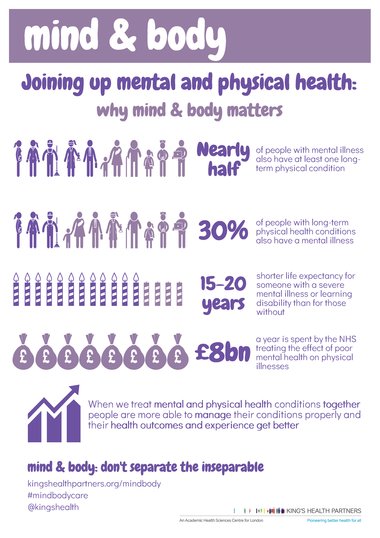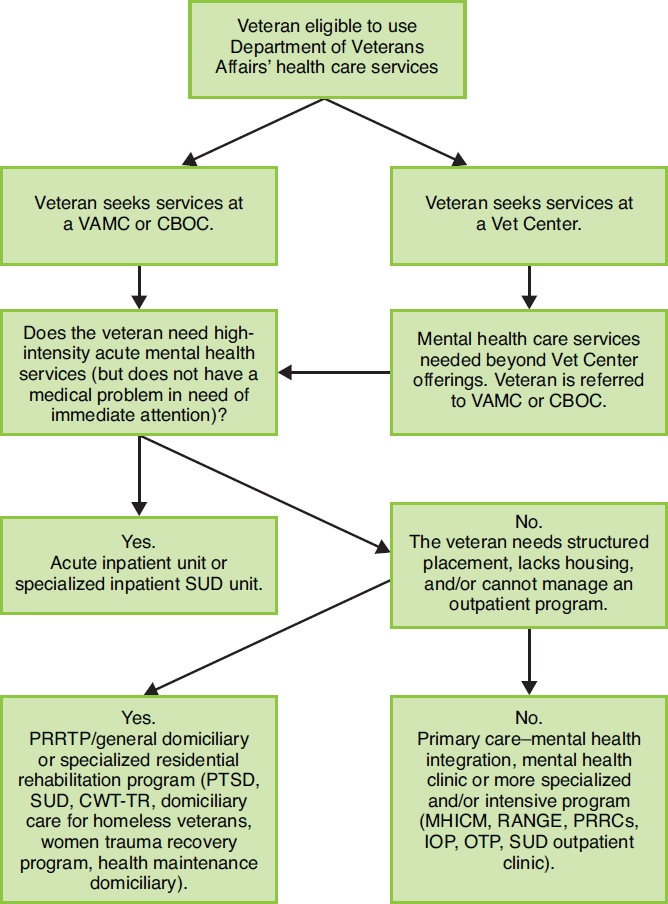presently have, or at some phase have actually had, a debilitating mental disorder. according to the American Psychiatric Association. Mental disorder, especially anxiety, is forecasted to turn into one of the major health problems in the future. The World Health Organization (WHO) mentions that anxiety is the leading reason for special needs worldwide.
As childhood and adolescent mental health disorders are so typical, it's baffling that we are not equipping our children with an understanding of mental health. Undiagnosed, inadequately treated or unattended psychological disease can seriously affect their capability to discover and grow. It can lead to unfavorable coping systems and at worst, may lead to suicide.
School is where friendships begin. It is where teenagers develop their sense of self-respect. It's likewise the place where kids require to learn that their behavior towards others can cause severe self-respect concerns. Numerous students experience disputes, bullying and social exclusion at school. Alex Crotty was only eleven when she began feeling miserable all the time.
She suffered alone and even changed schools, but that did not help. It was just when she was 14 that she told her mother what was going on. She was identified with major depression and anxiety and had the ability to get treatment. Her story reveals the trouble young individuals experience when it comes to speaking up about their depression or anxiety.
Some are better at handling these than others. Numerous children feel nervous, ranging from moderate signs to more severe forms, such as panic attacks. When these symptoms are disregarded, they can cause anxiety, absence of performance and increased threat of substance abuse. The Netflix program "13 Reasons that" is currently in its second season.
How Does Not Eating Breakfast Affect Your Mental Health for Beginners
She commits suicide and leaves behind 13 tapes describing why. The show has lots of critics, including health awareness experts and moms and dads who think that it uses very little insight into the psychology of suicide. how does stress affect mental health. They think it highlights just how bad things can get and how terrible teens can be and might even add to new methods for teenagers to think of suicide.
Suicide is the 2nd leading cause of death for people Drug Rehab Delray aged 15 to 24 in the U.S. Existing research shows a possible connection in between increased social media use and mental health although it's still uncertain precisely how they are connected. What is clear is that young people are the most active users.
With no long-lasting research studies having been finished, we are still largely guessing at its influence. The upside of social media is that teenagers are hardwired to mingle, and social networks makes it easy and instant. Teenagers in marginalized groups might find it easier to make pals and discover assistance. The downside of social networks is that those using social networks might be faced with many negatives such as poisonous comparisons, cyberbullying and less face-to-face interactions.
Family, good friends, teachers, and individuals themselves frequently see little changes in believing and habits prior to a mental disorder appears in the full-blown type. Finding out about early indication, and acting can assist. It can decrease the intensity of the health problem, and it may even be possible to prevent or postpone the advancement of a significant mental illness.
In a short article written by Nancy Barile, M.A.Ed. on the importance of mental health awareness in schools, she relates how she noticed some extreme modifications in among her trainees over a brief time period. The trainee no longer did her research, and she would come to school in the same clothing, although she 'd formerly been careful about her look.
The Only Guide to How Does Music Affect Your Mental Health
Barile had some training in mental health problems and acknowledged that the trainee was in trouble. Social employees on the personnel had the ability to talk to the student and found that she was depressed, suicidal and in need of immediate psychiatric intervention. She was admitted to the healthcare facility for a short while, given medication and therapy and managed to graduate with her class.
79% of British parents feel that psychological health education must belong of the curriculum in schools. Around the world, parents comprehend the need for psychological health education for children. With 50% of mental health conditions establishing in kids of age 14 or below, the support for the cause is growing quickly.

Just as physical education belongs to the curriculum in schools, mental health awareness and education should be too. Our kids spend the majority of their day at school. We require to empower them with knowledge about mental disorder. A growing variety of schools are starting to realize the significance of mental health education. how does diabetes affect mental health.
School-employed mental health specialists work with instructors to supply support and with parents to much better understand trainees' requirements and implement appropriate assistance. In July 2018, New york city ended up being the very first state in the U.S. to require psychological health education for all trainees. The School Mental Health program will promote the healthy emotional, social, and behavioral advancement of all the trainees.
Psychological health needs will be assessed, and access will be provided to psychological health services and programs (how does http://lorenzoarmn876.tearosediner.net/5-simple-techniques-for-how-do-the-foods-we-eat-affect-our-mental-health mental health affect college students). As reported in United States News and World Report, a few small studies have discovered "that teaching high school students about mental health enhanced their attitudes toward treatment, increased determination to look for aid from a counselor and boosted their general mental health literacy." There is a pushing need for more studies to identify programs' effectiveness and determine ways to enhance them.
5 Easy Facts About How Can Poor Mental Health Affect Your Physical Health Shown
Till it is, instructors and administrators require to assist shine the light on the idea of self-care. And, they need to stress the reality that psychological health is an integral part of health. THE BOTTOM LINE A cultural shift in attitudes about psychological health requires to start with the young.
Schools require to foster an environment in schools where psychological health problems can be recognized and dealt with without being stigmatized. Awareness should be raised about psychological health crises, such as self-harm, compound abuse, consuming disorders and other negative coping habits requires to be created. If everybody in schools is empowered with Rehabilitation Center understanding, and discussion is motivated, trainees will have the freedom to open up about what they are going through.
As educators, moms and dads and trainees throughout the country continue to promote for more public school funding, the gaps in resources offered to students continue to broaden. One major location of issue getting more attention over the past couple of years is the deficiency of mental health resources in schools. Without the essential services, students, specifically those undiagnosed or untreated, are falling behind their peers.

are experiencing anxiety, anxiety and/or behavioral conditions. "Mental illness in childhood can negatively impact ... kids's ability to attain social, psychological, cognitive, and scholastic turning points," the report said. Analyzing data from the 2016 National Study of Children's Health, the scientists found that 7.1% of kids aged 3-17 years had anxiety issues, 7.4% had a behavioral conduct problem, and 3.2% had depression.
The research study likewise points to a near 20 percent treatment gap between kids detected with anxiety versus those experiencing stress and anxiety. In general, roughly 78% of kids with depression have received treatment, whereas treatment for stress and anxiety and behavioral/conduct problems was 59% and 54%, respectively. Without access to services, students with stress and anxiety are at higher threat of later developing depression.